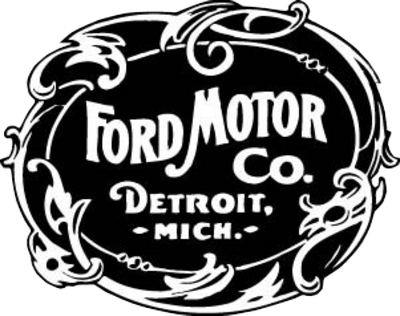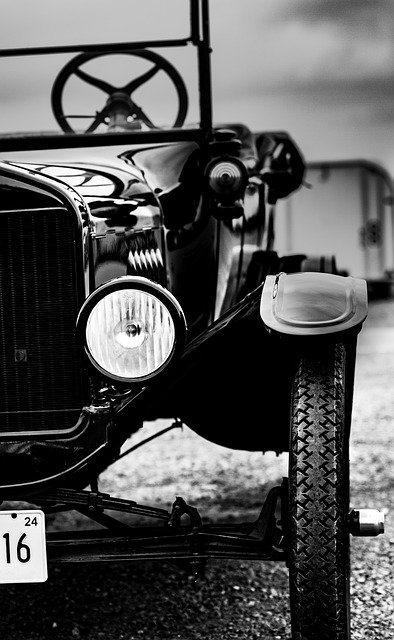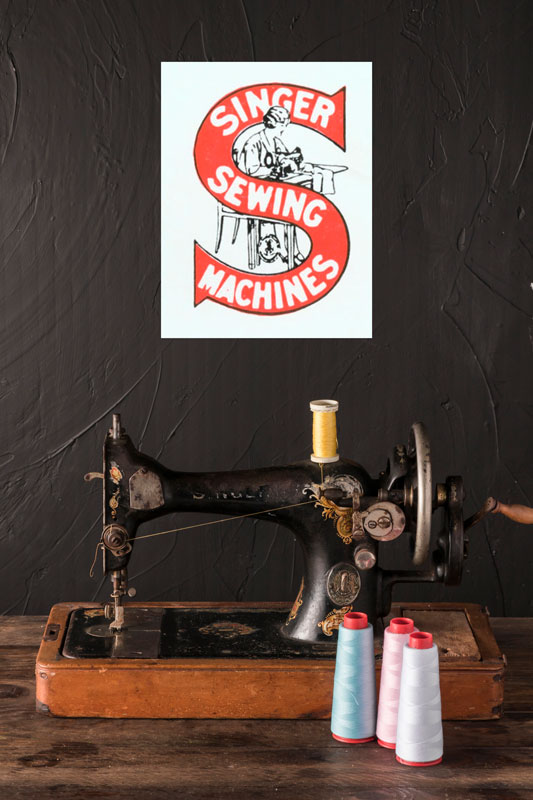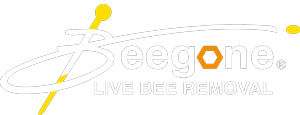
There is a certain amount of debate about where and when franchising actually began – some suggest the first business format franchise was set up in China in 200 BC, there’s also speculation that franchising began in the medieval period when a monarch/government granted special individuals the right to acquire and develop areas of land, hold markets, maintain order and assess taxes and the individuals paid a fee for this privilege along with the monopoly on these business ventures.
Founding father, Benjamin Franklin was the first person associated with franchising in the history books when he entered into a six-year contract with Thomas Whitmarsh to provide printing services under Whitmarsh’s business model. This took place in the US although, as it was 1731, they were technically still under British rule.
Franklin went on to open printing franchises in North Carolina, Georgia, Dominica, and Kingston, Jamaica. There are also records of him opening franchise businesses in Canada and Britain in later years. Some say that without the financial success of Benjamin’s franchise network the US may never have been formed!
Across the pond in the UK, in the Georgian era, the old tied pub system employed a franchise-like model to develop into the brewery industry and facilitate wider distribution of the beer. Brewers allowed pubs to buy leaseholds and sell their product – the lease fee gave them exclusive rights to sell that particular beer.
The first example of a modern business franchising model was created by Isaac Merrit Singer, manufacturer of the Singer sewing machine. Singer had invented the first ever payment instalment plan which made his machines widely accessible to all, however, he needed an improved method of distribution at the same time. So, he found entrepreneurs in specific locations who wanted to purchase the rights to sell the machines and to give guidance to consumers on how to use them – these entrepreneurs paid an initial fee for these rights and got to sell a much in-demand product.
However, there is some debate over the authenticity of the Singer franchise model as the stores were locally owned and some people claimed that they were run by employees of Singer. An alternative candidate for the crown of the first modern business franchising model is Martha Matilda Harper who opened a series of specialised hair salons across the US – training up women to run them themselves and follow “the Harper method” – before her, hairdressers only made home visits.
The automotive industry is responsible for escalating the rapid spread of the franchise model. General Motors and Henry Ford were pioneers on this front in the early 1900s, laying the foundations for a franchised motor dealership network, a system which still dominates motor vehicle retailing to this day. As automobiles became more widespread, so did the requirement for oil so oil companies franchised their petrol stations as a result.
The food and drink industry soon followed suit as people travelled around the country more and food outlets soon started popping up along major roads. In the 1960s Raymond Kroc sold the first MacDonald’s franchise, on behalf of the MacDonald brothers. Not long after, Kroc bought the MacDonald brothers out for $2.7m when he realised their expansion goals weren’t as ambitious as his own – by 1963 MacDonald’s had 500 restaurants open across the US. Although it wasn’t America’s first fast food franchise (that can be credited to Howard Deering Johnson and his Qunicy restaurant), it’s certainly the most famous.
The British Franchise Association (www.thebfa.org) was formed in the late 1970s, bringing franchising a level of credibility and respectability upon which franchising has grown to a position of great importance in the UK economy.
In the late 1980s and early 1990s many new franchisors came to prominence in the UK, including The Body Shop, Tie Rack, Hertz, Dyno-Rod, Jani-King, Domino’s Pizza and Burger King. By the close of the 20th century, many household names had given franchising a very solid foundation upon which many other brands can now build, operate and develop to their full potential around the world.
Today, we have brands such as Subway with more than 42,000 locations worldwide and plans to reach 100,000 locations before 2050.



If you’d like further information about becoming part of the PGH Beegone family, please get in touch with us:
Tel: 01483 387414
Email: opportunity@pghbeegone.co.uk
www.pghbeegonefranchise.co.uk

Experts in pest control and prevention serving homes and commercial properties. Our mission is to identify, control and exclude pests and customer service is at the heart of everything we do. We employ a holistic approach, dealing with and resolving problems by providing preventative work for a long-term solution. We tackle a wide range of pests including rodents, insects, large animals and birds and are passionate about conserving the environment.

Pioneers in the live bee removal field with an established client base across the UK from private clients to blue chip companies and even international and local pest control firms who sub-contract out to us. The safe process moves honeybees and combs from chimneys, walls, roofs and trees without using insecticides. We extract bees alive and relocate them before bee proofing the structure to prevent more returning. We carry out all aspects of the work in-house and provide unrivalled benefits to clients.
PGH Beegone Franchising Limited
Hivegrove
Kings Court, Burrows Ln
Gomshall, Guildford
Surrey, GU5 9QE
Tel: 01483 273 478

PGH Beegone Franchising Limited Registered in England no.13147543